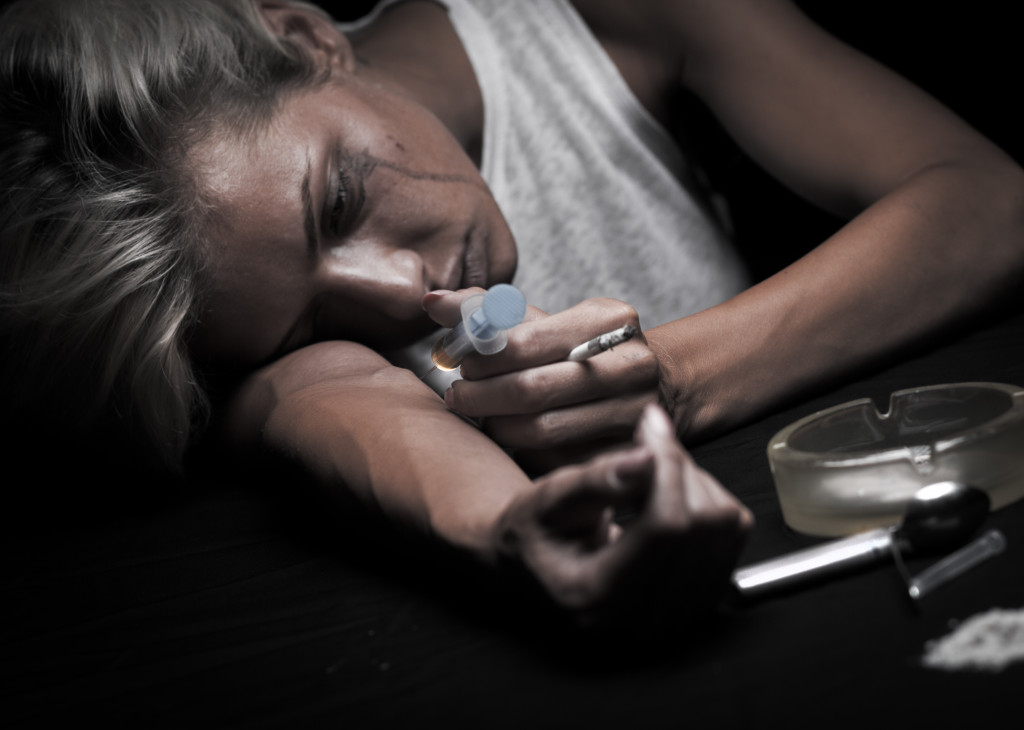- Recognize and avoid triggers that may lead to relapse
- Stay away from people who have enabled drug abuse in the past
- Seek professional help (therapy, support groups) for medical care and counseling
- Develop healthy habits and interests for physical & mental health
- Don’t hesitate to reach out for help when feeling overwhelmed or frustrated.
Drug addiction can have devastating consequences for women, both physically and emotionally. Women are more likely than men to become addicted to drugs due to various factors such as stress, trauma, genetics, and biology. Research shows that women are more likely than men to suffer from depression, anxiety, and eating disorders—all linked to drug abuse. Additionally, women who abuse drugs are at higher risk for developing severe health problems such as heart disease, stroke, cancer, and reproductive issues.
Women who face the challenge of overcoming drug addiction also often experience financial hardship due to lost wages or other employment difficulties related to their addiction. In addition, they may be victims of domestic violence or sexual assault due to their substance use disorder. A study by the Centers for Disease Control and Prevention (CDC) found that three in five women who abuse drugs have experienced physical or sexual violence.
Recovering from drug addiction is possible, but it will be challenging. Here are a few tips to help you fight your addiction:
Avoiding Triggers

Avoiding triggers is one of the most critical steps in recovering from drug addiction. Triggers can be anything from people, places, or situations that remind you of your substance use and make you want to relapse. Recognizing your triggers and avoiding them as much as possible is essential.
People
Staying away from friends or family members still using drugs can help prevent a relapse. If someone close to you has enabled your drug abuse in the past—such as providing access to drugs or money for drugs—it may be best to stay away from them while you’re in recovery.
Places
Certain places can be triggers to the use of drugs, so it’s essential to avoid them. This could include where you bought drugs in the past or a bar you used to frequent.
Situations
Stressful situations can be difficult for someone in recovery, as they may trigger an urge to use drugs as a coping mechanism. Try and find healthy ways to cope with stress, such as meditation or exercise.
Emotions
Negative emotions such as sadness or anger can lead people back into old drug abuse patterns, so engaging in activities that make you feel happier and more fulfilled when these emotions arise is vital.
Seeking Professional Help

Recovering from drug addiction isn’t easy; getting professional help can make all the difference. Therapy and support groups such as Narcotics Anonymous or Alcoholics Anonymous can provide invaluable guidance and support to those in recovery.
Additionally, many treatment programs are available that provide medical care, counseling, and a safe environment to help you recover. Addiction treatment programs will also be available for those who need help detoxing or dealing with underlying mental health disorders contributing to the addiction.
Drug addiction also has social consequences, which means your family and friends might need assistance too. Don’t hesitate to ask for help from those around you, as they can provide support during this difficult time. You can have a meaningful conversation to let them know you are committed to recovery and ask for their help. Therapy can also repair relationships that may have been damaged due to addiction.
Developing Good and Healthy Habits
Another critical aspect of recovery is developing good habits. Eating healthy meals and regular exercise can help improve your overall health and well-being, making it easier to stay away from drugs. Replacing negative and positive behaviors associated with drug use can make recovery more manageable and less stressful.
You can also adopt beneficial interests and habits like reading, journaling, or being outdoors. These activities can help improve mental and emotional health while helping replace unhealthy habits with more beneficial ones. If you want something that could distract you away from drugs, you can partake in sports or other physical activities that provide plenty of health benefits. You will feel better about yourself if you try to reach your goals there.
Final Thoughts
Recovering from drug addiction is possible but takes hard work and perseverance. As you progress in the recovery process, remember to take each day at a time and focus on achieving your own goals. It’s essential to reach out for help when needed, so be sure to speak with professionals and those you trust if you feel overwhelmed or frustrated with the process. Above all else, know there is hope, and every step toward recovery is an accomplishment! Good luck with your journey!





